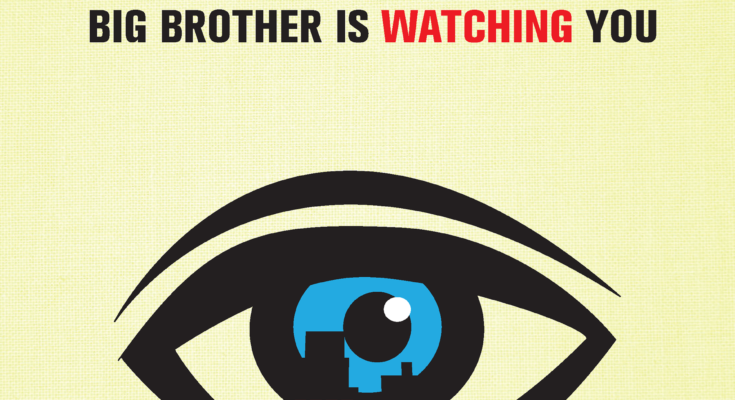Be a good global citizen, embrace surveillance technology to monitor your personal carbon footprint.
![]()
The World Economic Forum has released an article justifying the necessity of surveillance technology for patrolling carbon emissions at a personal level.
Through an initiative generally referred to as “My Carbon”, climate concerned individuals are able to monitor their own carbon footprint through a “personal allowance program.” And while these types of ideas are not new, as tracking and surveillance technology becomes more effective and prevalent the idea has gained momentum.
This past May, during the World Economic Forum’s annual meeting in Davos, Switzerland, Rebel News reported on how Chinese e-commerce giant Alibaba Group, a partner of the WEF, was looking at developing its own individual carbon footprint tracker.
In an article written by the director of the Indian government’s Smart Cities Mission, Kunal Kumar, the WEF is sharing yet another reason why consumers should adopt more monitoring technology.
As the author explains, cities around the world account for a vast majority of carbon emissions. But, as Kumar explains, “While transport and buildings are the major drivers for emissions in cities, the share of individual emissions are significant at around 40%.”
Kumar then blames the failure of “My Carbon” in the past on “a lack of social acceptance, political resistance, and a lack of awareness and fair mechanism for tracking.”
But things have changed over the last several years. In addition to technological advancements, the onset of the COVID-19 pandemic “was the test of social responsibility,” according to the author.
Unsurprisingly, the stringent restrictions that plagued much of the world, and continues to in some countries, alongside the virus are endorsed by the author, who writes glowingly of the “numerous examples globally of maintaining social distancing, wearing masks, mass vaccinations and acceptance of contact-tracing applications for public health.”
With rapid developments in the fields of artificial intelligence, blockchain and digitization, devices like smart home technology, smart meters and personalized apps can be used to advance the “My Carbon” agenda.
Finally, the author explains how “sustainable cities” will be “enabled through smart communities.” A three-pronged approach, through the modification of economic behaviour, cognitive awareness and social norms is Kumar’s suggestion.
The approach lists the ways in which these categories should be enabled through public-private partnerships:
- Increased costs for carbon-intensive activities and goods
- Economic incentives to reduce demand and improve efficiency
- Raised visibility of personal carbon footprints
- Raised awareness of personal carbon limits to sustain the transition to a net-zero-carbon society
- New definition of a fair share of personal emissions
- Setting of acceptable levels of personal emissions
It should be noted, however, that the World Economic Forum labels virtually every article it publishes with a disclaimer pointing out that “The views expressed in this article are those of the author alone and not the World Economic Forum.”
Do you believe them?
To learn more about the World Economic Forum and its vision for the future, watch our exclusive new Rebel News docuseries, The Great Reset. In the first two episodes, which you can watch here, we introduced the WEF, its founder Klaus Schwab and some of the key figures and technologies that are set to influence the direction of humanity over the next generation.

